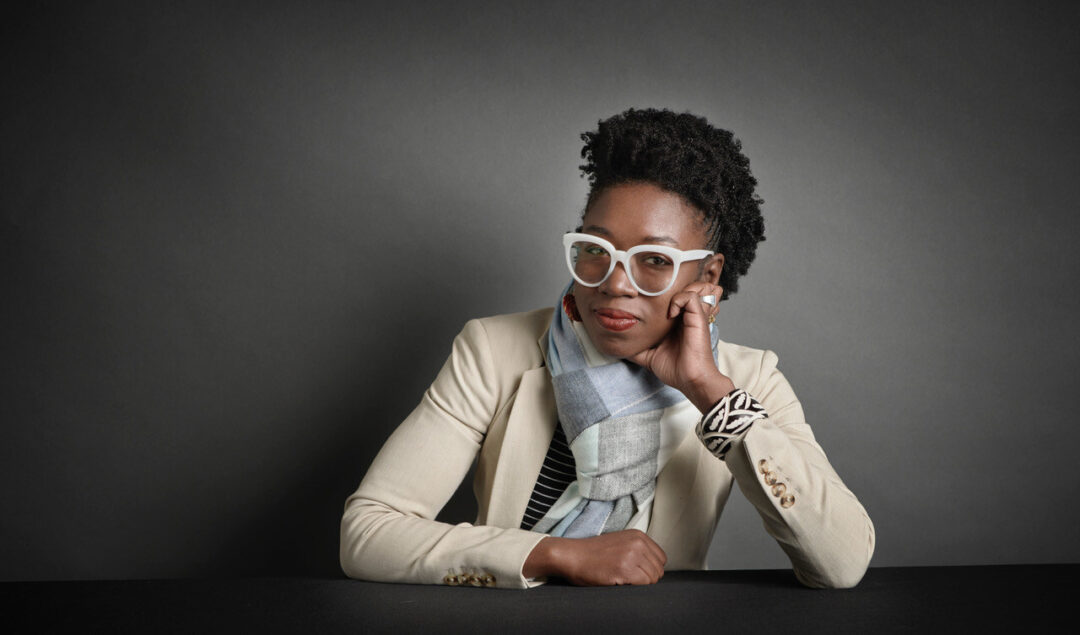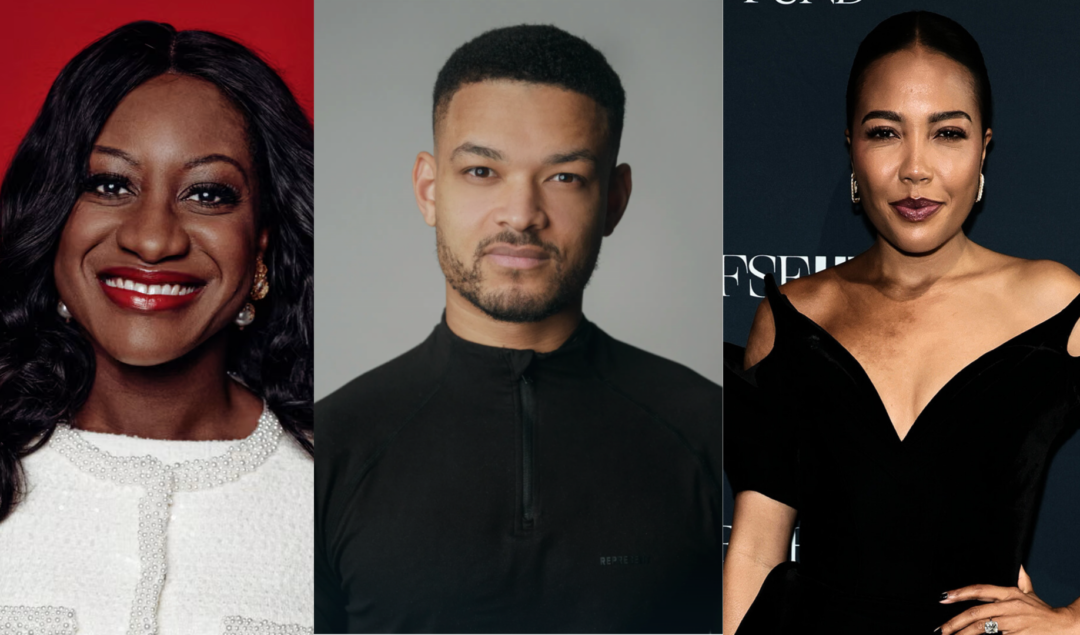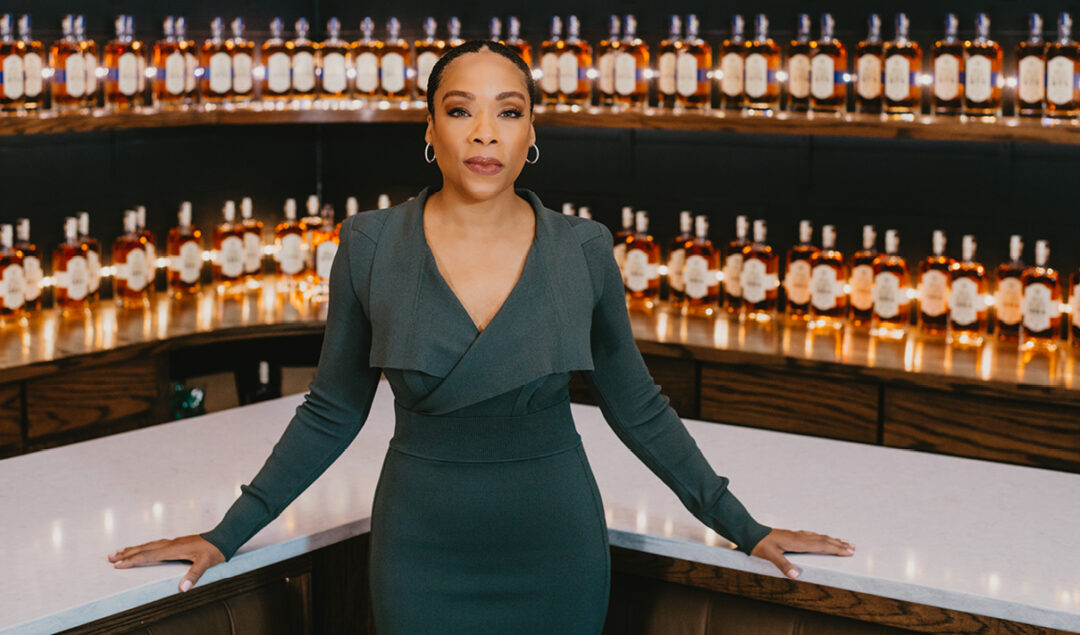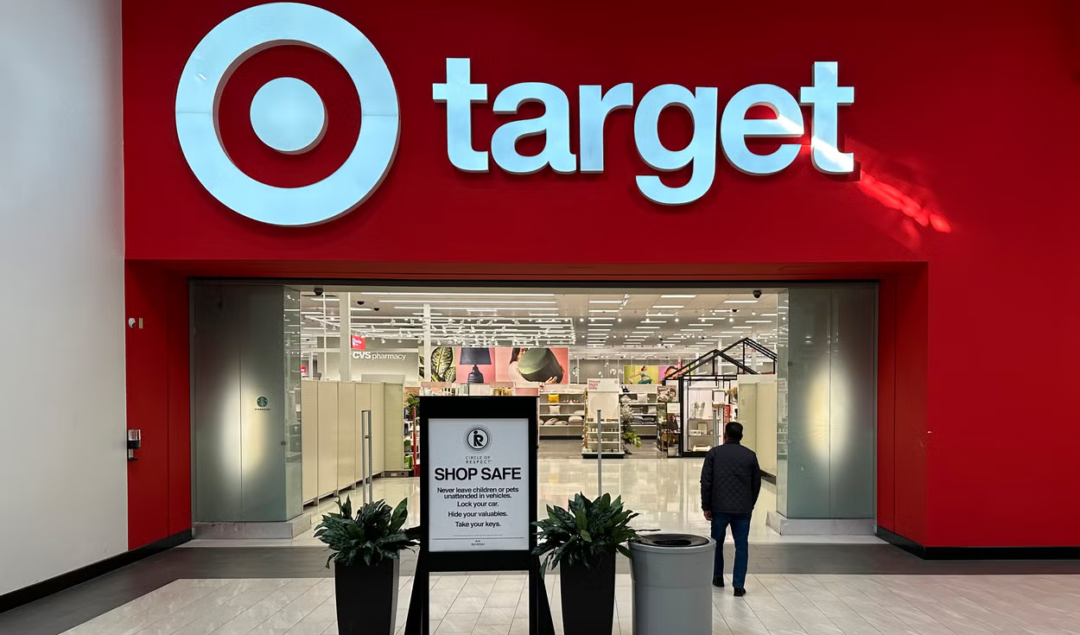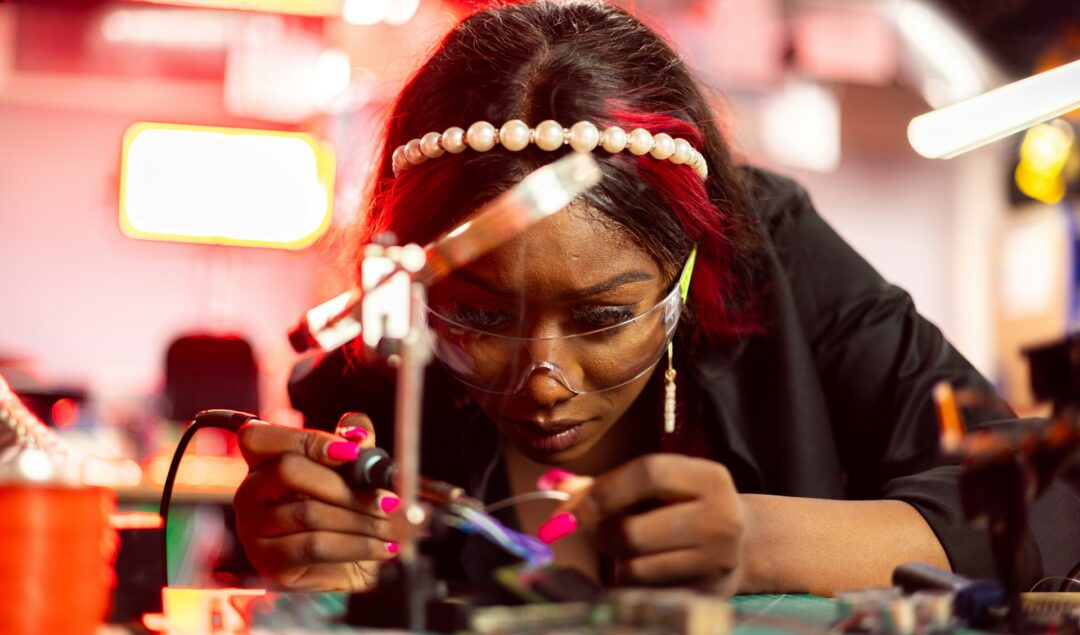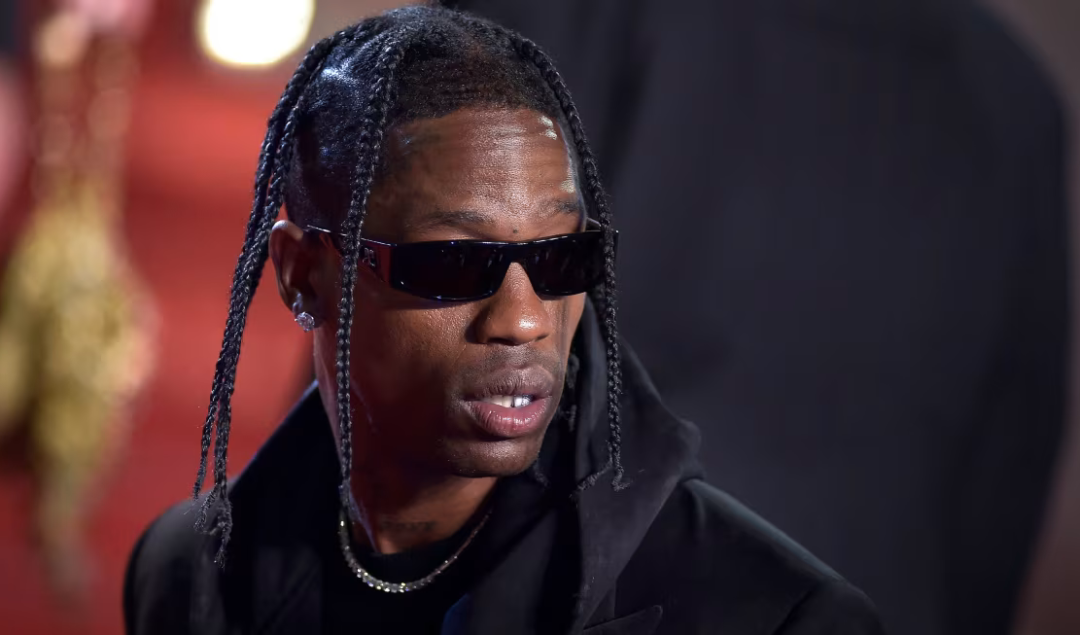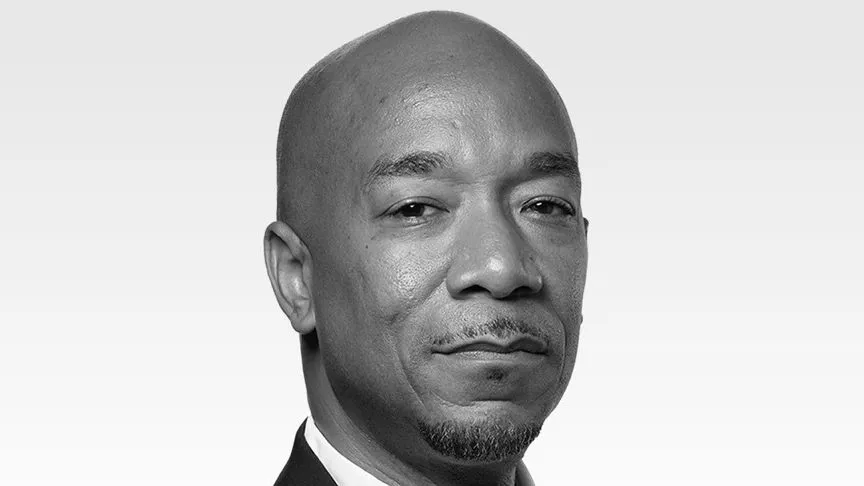Howard University will launch an “Intro to Artificial Intelligence” course in spring 2026, partnering with CodePath and with financial support from the Thurgood Marshall College Fund, according to a press release shared with AfroTech. Howard faculty and CodePath’s faculty network will jointly teach instruction spanning data structures, AI literacy, and agentic workflows, the release said. The program positions applied AI-assisted software development inside a core academic setting rather than treating it as an extracurricular credential. “Our work is rooted in the idea that HBCUs are not only equipping students for
The Legal Defense Fund (LDF), the nation’s first civil rights law organization, has appointed Dr. Joy Buolamwini, founder of the Algorithmic Justice League and author of national bestseller Unmasking AI, to its Board of Directors. As AI tools proliferate across policing, hiring, lending, education, and healthcare, civil rights advocates warn that their built-in biases could disproportionately harm Black communities. LDF says Buolamwini’s expertise in algorithmic accountability will be key to guiding the organization’s response to these emerging tech-driven civil rights challenges. A Leading Voice on Algorithmic Justice Buolamwini founded the
Afua Kyei, Chief Financial Officer at the Bank of England, has been named as the most influential Black person in the UK. The annual list, conducted by Powerlist, highlights the most powerful people of African, African-Caribbean, and African-American heritage. As CFO, Kyei leads financial governance of the £1 trillion balance sheet, funding reforms, and upgrades to critical national infrastructure payments, while championing diversity and climate disclosure. “It is an incredible honour to be named Number One on the Powerlist in its 20th year,” she said in a press release. “For
Fawn and Keith Weaver, the founders of the Uncle Nearest whiskey brand, are opposing efforts to add more of their businesses that are already placed under judicial control. Nearest Green Distillery and the flagship Uncle Nearest whiskey brand have been under a receiver’s management since September, after lender Farm Credit Mid-America claimed the Weavers defaulted on more than $108 million in loans. The weavers opposing efforts Receiver Phillip Young asked US District Judge Charles Atchley Jr. to decide if other Weaver-affiliated businesses should be included in the receivership, including a
Target is spotlighting its partnership with Russell Innovation Center for Entrepreneurs (RICE), a program supporting Black small business founders with access, education, and community, amid ongoing boycotts over its decision to rollback DEI initiatives. In a press release published on October 20, 2025, Target detailed its partnership with RICE, which began in 2020 and was renewed in 2024. The release comes just months after CEO Brian Cornell stepped down, following low foot traffic and sales. Target’s partnership with RICE The RICE’s Retail Readiness Academy (RRA) has allowed Black founders to expand
Women make up 47% of STEM graduates in Africa, according to a recent McKinsey study —a higher share than in Europe (42%), Asia (41%), and South America (41%). Additionally, in sub-Saharan Africa, as much as 30% of roles in STEM sectors are held by women. However, less than 20% of top tech roles are held by women in Africa. “Our research found that less than 20 percent of publicly listed companies in Africa with C-suite tech roles had a woman in that role,” the study’s authors wrote. “Furthermore, just 3%
Elly Savatia, a Kenyan inventor and social entrepreneur, has won the Africa 2025 Engineering Innovation Prize founded by the UK’s Royal Academy of Engineering. He won the award for Terp 360, an AI-powered app that translates speech into sign language using lifelike 3D avatars, along with a £50,000 ($67,000) grant. Terp 360: A Sign Language Translation App Terp 360 offers real-time sign language interpretation, facilitating smooth communication between deaf and hearing individuals across both physical and digital settings. Using 3D avatars and motion-capture technology, it delivers natural, accessible, and immersive interactions. Terp
The Nigerian government is working with Google and Apolitical, a global learning platform for government innovation, to launch a training initiative for public servants. The initiative, called the AI Government Campus, will be implemented through the Apolitical Government AI Campus. It aims to train thousands of public servants and government leaders to understand and apply artificial intelligence in public administration effectively, as reported by Techpoint Africa. The initiative is a joint effort between Google, the Federal Ministry of Communications and Digital Economy (FMCIDE), and Apolitical. “We see artificial intelligence as
Cactus Jack Foundation, a non-profit founded by rapper Travis Scott, has launched a new initative for students with Space Center Houston. As reported by Complex, the program will allow Houston Independent School District students to engage in a science, technology, engineering, and mathematics (STEM)-enriched curriculum. Cactus Jack Foundation’s new initative The program will teach students the necessary skills to pursue careers in engineering, design, and exploration. Students will analyze real-world challenges such as water scarcity, space habitation, and power generation and discuss solutions through virtual and in-person workshops at Cact.Us Design
VIBE has merged with Rolling Stone, according to Billboard. The merger will allow Rolling Stone to expand its hip-hop coverage and take a deeper dive into the genre. Additionally, VIBE will release exclusive collector’s edition issues of the magazine and debut a new interview series featuring in-depth conversations with leading figures across music, sports, and fashion. “We are thrilled to announce that VIBE is joining forces with Rolling Stone,” Julian Holguin, CEO of Rolling Stone, said. “VIBE will continue to power cultural conversations and reestablish itself as a driving force for commentary and reporting. Our goal is


